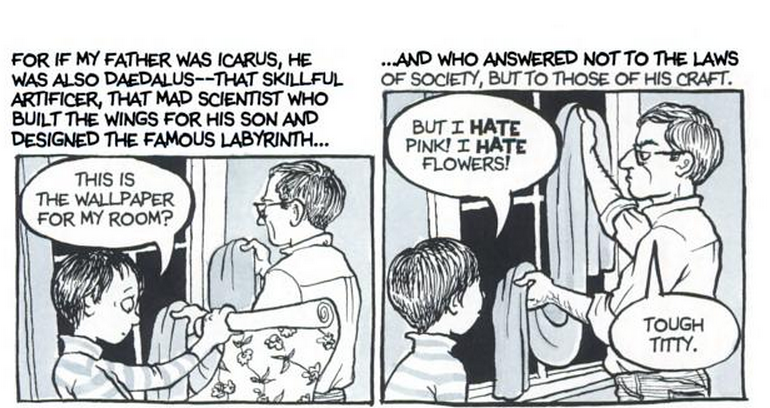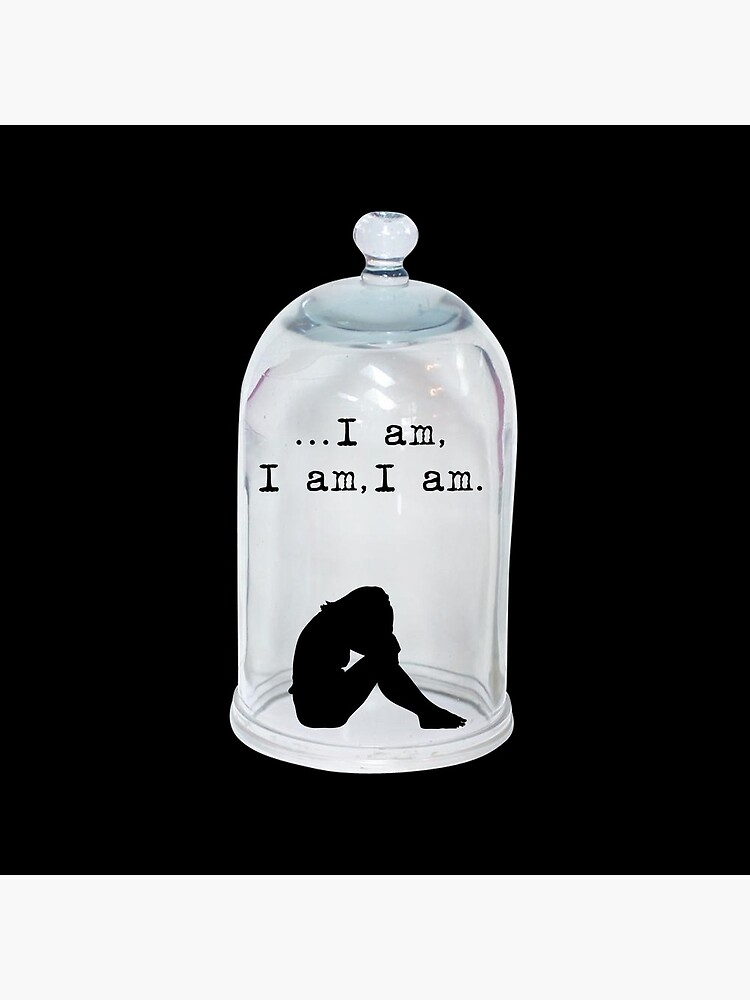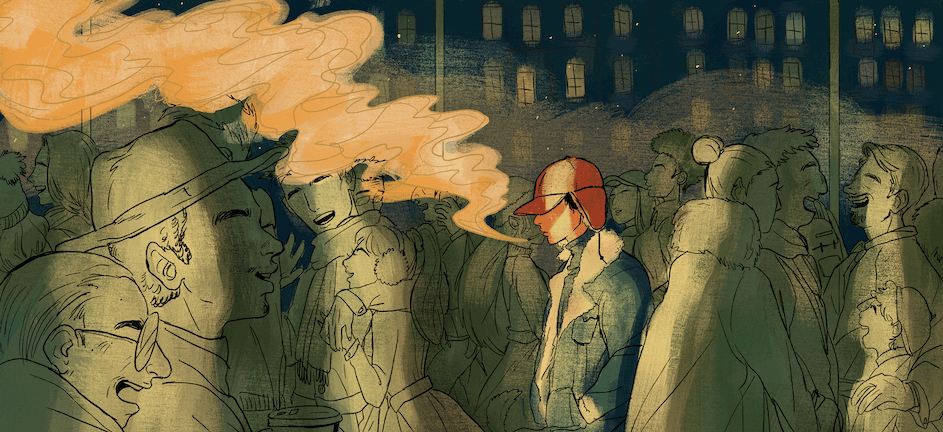ben making fun of benji

Throughout the novel, Ben and Benji become their own distinctive characters and personalities. Though they are the same character, Ben an older version of Benji, you can clearly see Ben's maturity over Benji's childish self. Ben's tone is much more serious, having suffered living the life of an adult man. He's experienced much more than Benji has, he has a much serious perspective about life. This is contrasted by Benji's nearly aloof personality. Benji eats ice cream for all his meals, which later has a significant effect on his life as an adult where he is repulsed by sweets. Benji's concerns early in the novel are about reinventing himself, being a cooler teen, to go back to school in the fall. When his boss pats his hair at his ice-cream shop job, Benji and his friends take this very seriously. While the book is set during Benji's time as a child, we see glimpses of Ben's life and the much more serious issues regarding violence. Throughout the bo...



